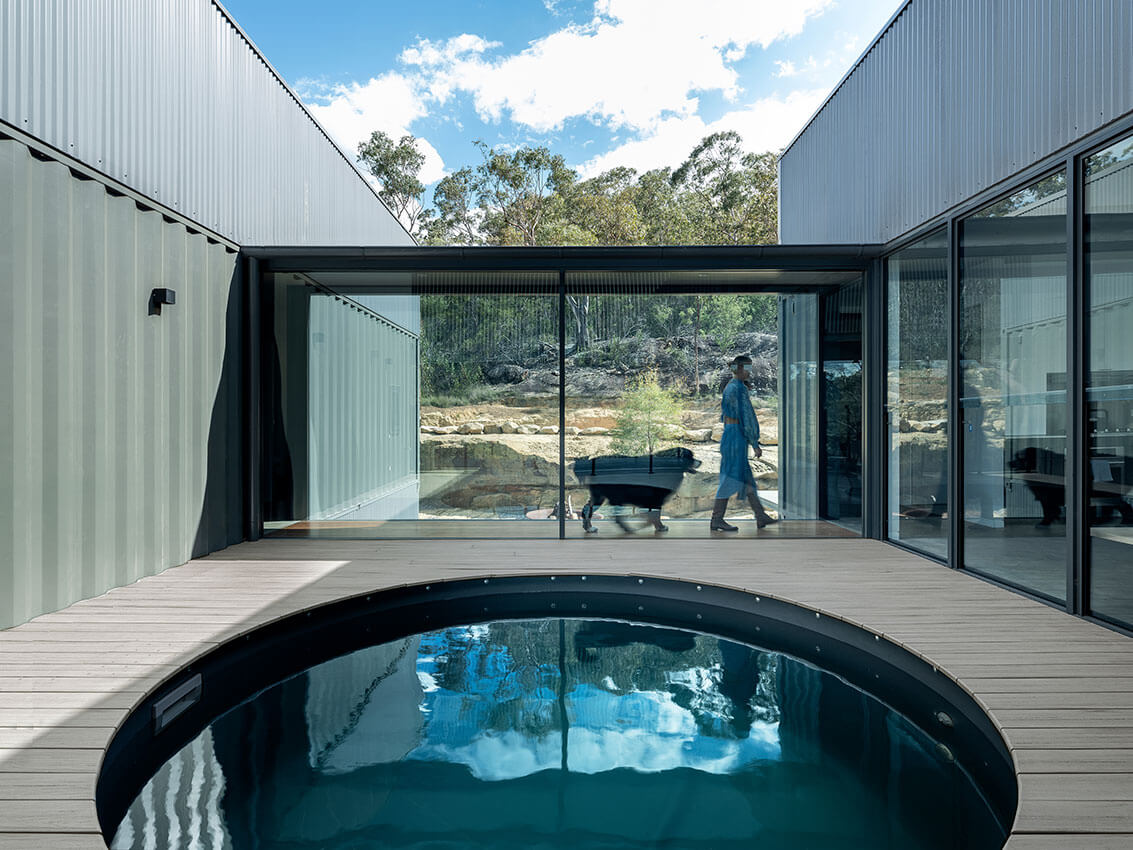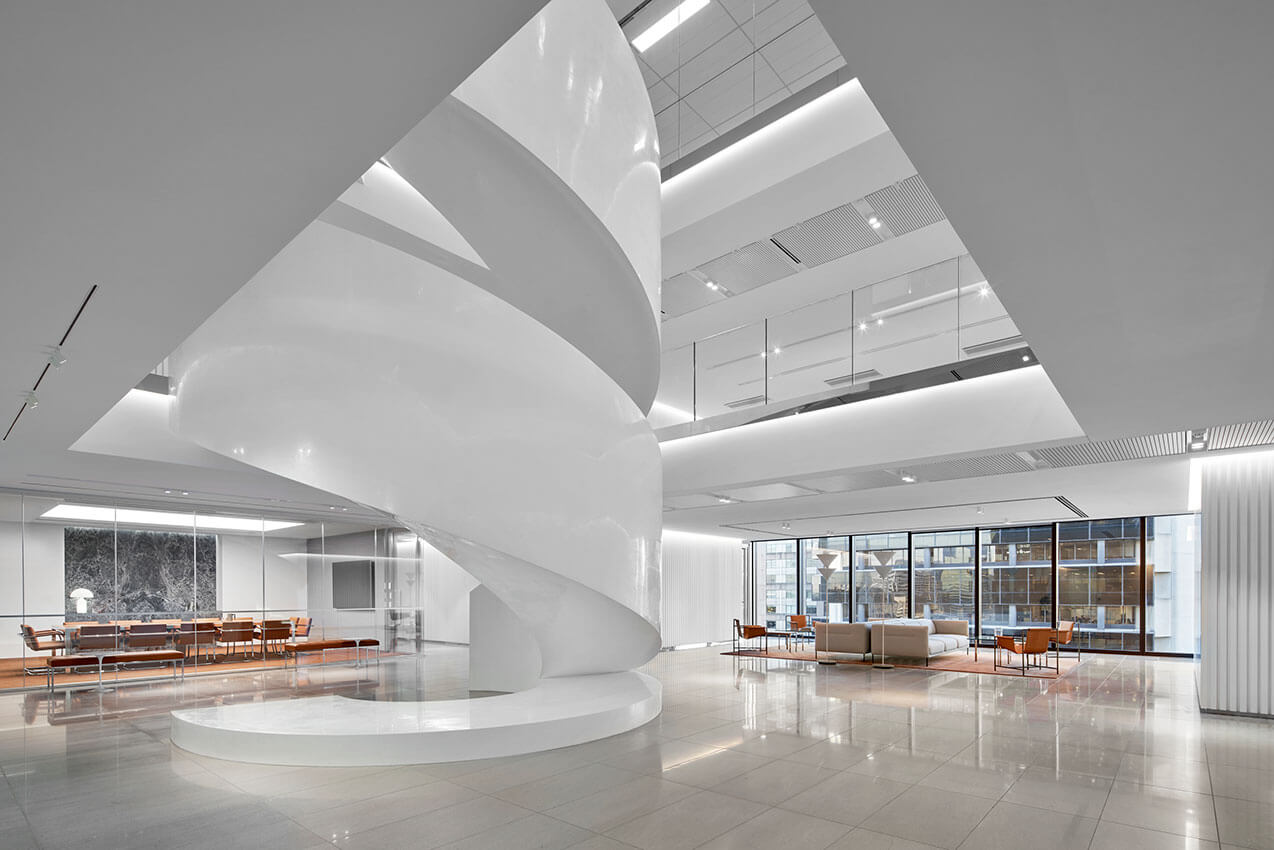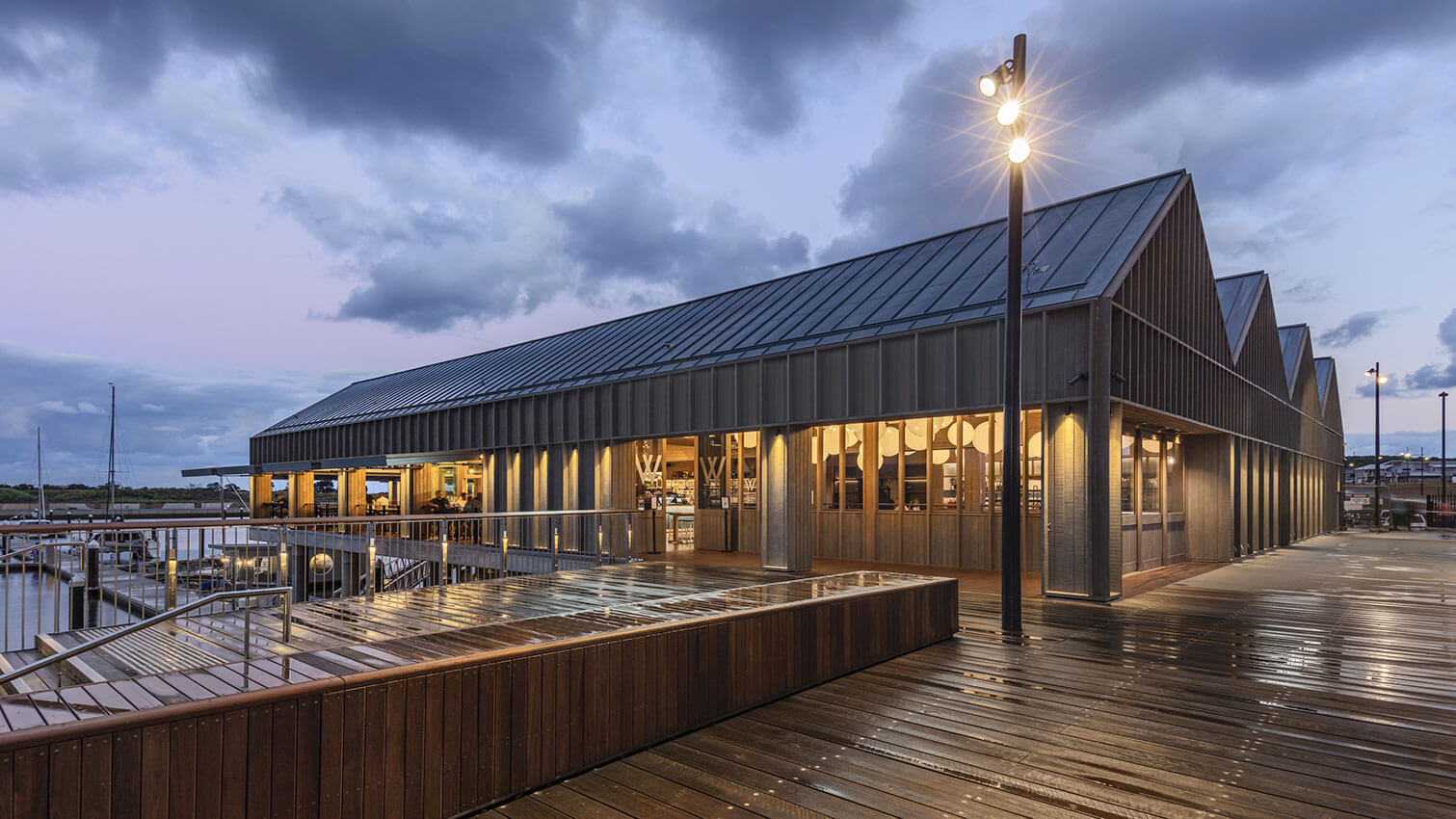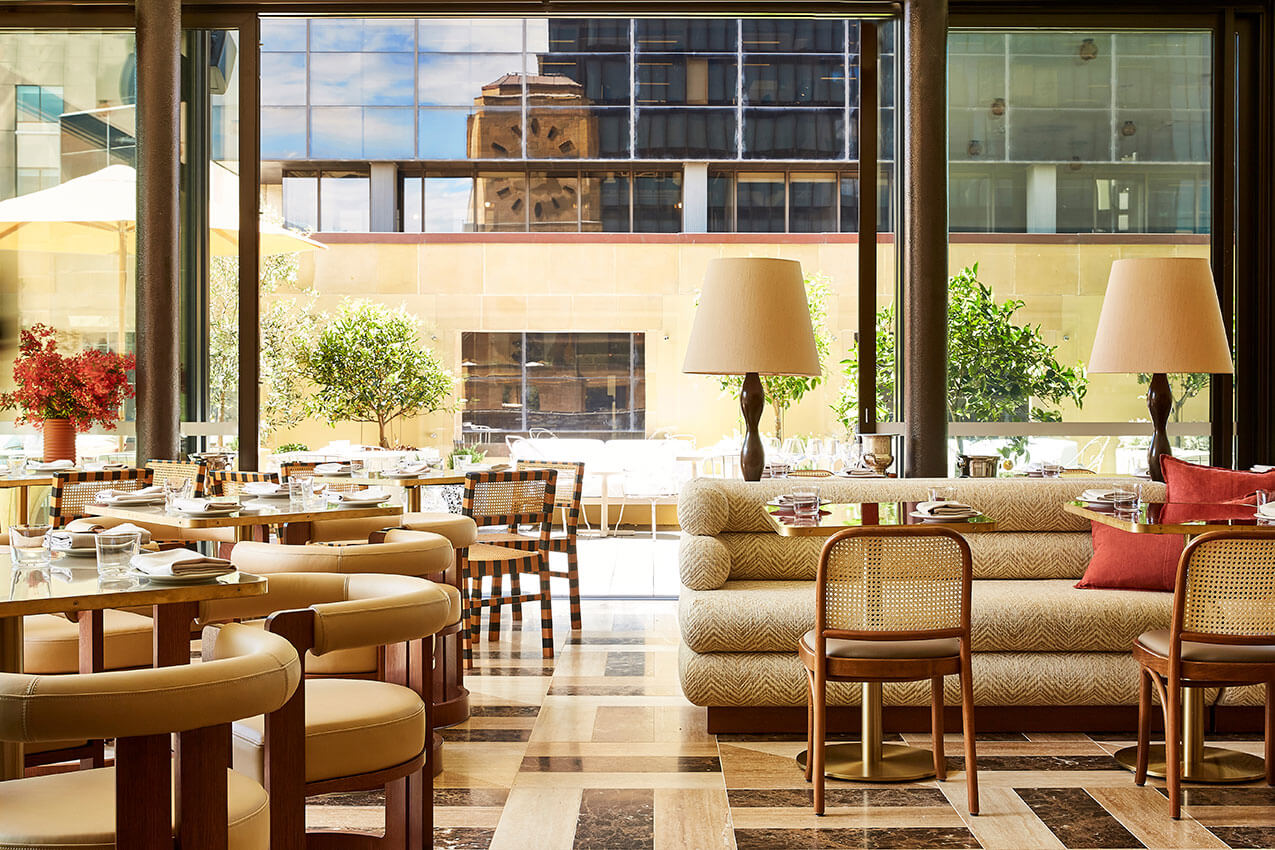Reconciliation Prize
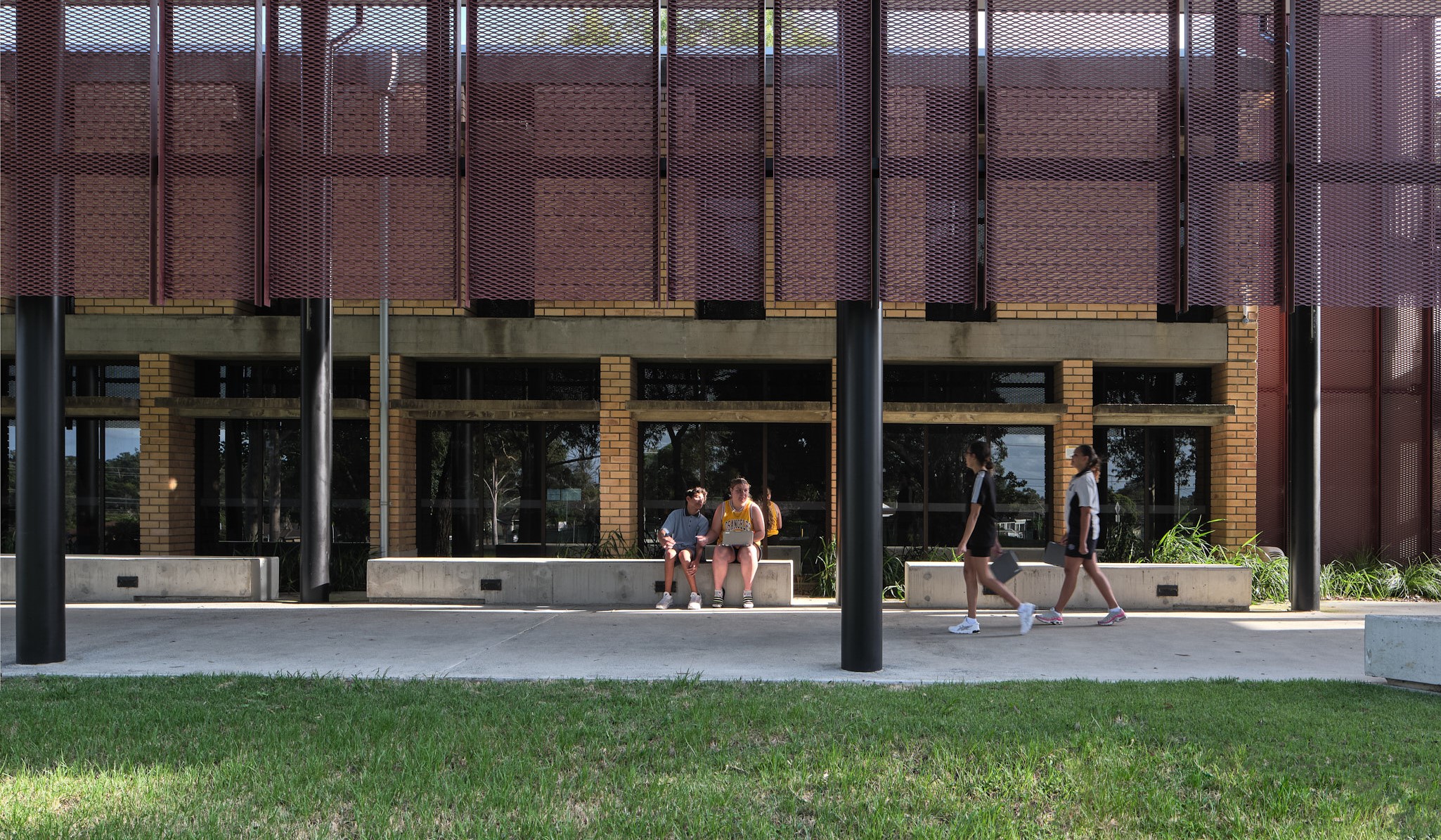
Reconciliation Prize WINNER
Reconciliation Award | Bangawarra
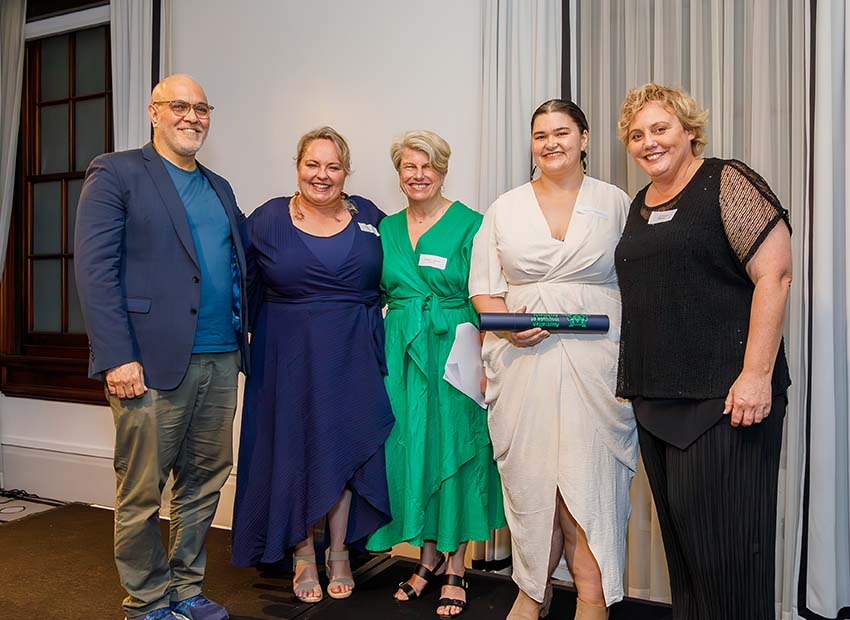

Co-founders Dr Shannon Foster and Jo Paterson Kinniburgh celebrate their interactions with architecture through practices that privilege Country.
Their work exemplifies a reconciliatory spirit in the collaborations and knowledge sharing that they extend to the industry and the impacts it has in the practices of those they interact with in their project work. Their presented projects Car-rang gel, The Cutaway, and Muru nanga mai illustrate their commitment to reconciliation and the values their processes exude on project outcomes.
The projects represent adept cultural design skills that inform architectural responses in areas that weave storylines of Country, integrate technical methods, celebrate First Nations poetry expression, confront the tangible and intangible histories of colonialism, and personal connections to kin. This forms learning experiences for all practitioners who engage with Bangawarra to take away new capabilities to draw upon in subsequent projects work. It is an exceptional practice model that contributes to reconciliation and the continual building of capacity for the industry to connect with Country.
Reconciliation Commendation | Naabámi (thou will/shall see): Barangaroo (army of me) – Professor Brenda L Croft
A commendation is awarded to Naabámi (thou will/shall see): Barangaroo (army of me) by Professor Brenda L Croft. This contribution to reconciliation takes the form of a powerful curation of First Nations female portraits exhibited in public places around the world.
Naabámi honours Cammeraygal woman Barangaroo through the portraits with dialogue created with the places. Working with First Nations females of the Sydney region, the exhibition enacts the transformation of places such as Barangaroo, the Art Gallery of NSW, and the Australian Embassy in Washington, D.C.
The exhibition sustains the stories of Country through the portraits to communicate truth-telling, strength, resilience, and voice of Aboriginal and Torres Strait Islander women and girls for a broad audience. With many non-Indigenous collaborators involved in the project, Naabámi demonstrates reconciliation at a multitude of levels and the importance of relationship building as a core part of process. Croft has presented a series of storylines for all to acknowledge and understand its transformative qualities to ways places and curious onlookers can evolve.
ABOUT THE Reconciliation Prize
The Reconciliation Prize seeks to recognise architecture and professional practice in NSW which advances the rights of Aboriginal and Torres Strait people.
